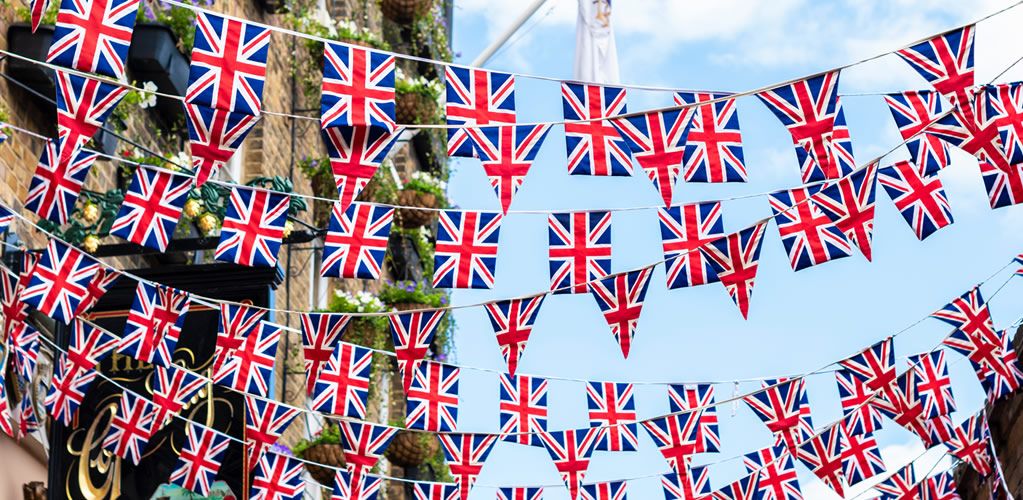Americans have an enviably healthy attitude to Britain royalty
US journalists analysed the King’s coronation, noting its rarity in recent British history and how King Charles III may face more challenges as some Commonwealth countries seek to become republics and end their ties with the monarchy.

US journalists analysed the King’s coronation, noting its rarity in recent British history and how King Charles III may face more challenges as some Commonwealth countries seek to become republics and end their ties with the monarchy.
📌 The main points...
- U.S. media appears to have a clearer perspective on the May 6 coronation than decolonised counterparts elsewhere.
- The King’s coronation is seen as a rare ritual in modern British history that occurs roughly every 70 years.
- American journalists situate the monarchy as both a curio and a familiar celebrity.
- Other American journalists call King Charles III Britain’s first post-colonial monarch.
I s it the distance that comes with time — after all, America kicked the British out some 200 years before India and other colonised countries — but the American media appears to be a great deal more clear-eyed about the May 6 coronation than some of its decolonised/decolonising counterparts elsewhere.
Ahead of the coronation, one American journalist correctly described it as a ritual in modern British history that was so rare, “it last occurred 70 years ago, roughly the wait between sightings of Halley’s Comet.”
Nice one. It deftly situates the monarchy where it should be — somewhere between curio and a familiar, if rather twee celebrity.
Soon after the Halley’s Comet comment, another American journalist suggested that it may be King Charles III’s lot to be “Britain’s first post-colonial monarch”. This was a smart observation but not Smart Aleck-y, a propensity that is sometimes observed in the outpourings from decolonised/decolonising outposts of the former British Raj.
Instead, the American journalist (who, incidentally, is of Indian ethnicity) saw the trajectory of recent events as significant. He noted Charles’ presence — and public remarks — in the Caribbean nation of Barbados as it became a republic and dropped Queen Elizabeth II as its head of state.
At the time Charles said:
It’s a moot point how many more such speeches will he have to deliver in his lifetime. Jamaica and Belize have already said they plan to start down the path of de-royalising their identity and processes of governance. Even Canada, Australia and New Zealand — the white Commonwealth — are treading carefully. King Charles won’t feature on Australia’s new five-dollar note, for instance.
The implications, as the American journalist identified, are profound.
He may be on to something there. That said, no need to get over-excited about the whole world dumping the British monarch as head of state. King Charles, remember, remains head of state of 14 former colonies — eight in the Caribbean, three Pacific islands, Australia, Canada and New Zealand.)

— AUTHOR —

|
▫ Rashmee Roshan Lall, Journalist by trade & inclination. World affairs columnist. |

|

|

|
Sources
▪ Text: This piece was originally published in Medium and re-published in PMP Magazine on 8 May 2023, with the author’s consent. | The author writes in a personal capacity.
▪ Cover: Adobe Stock/Golden_hind.






[Read our Comments Guidelines]